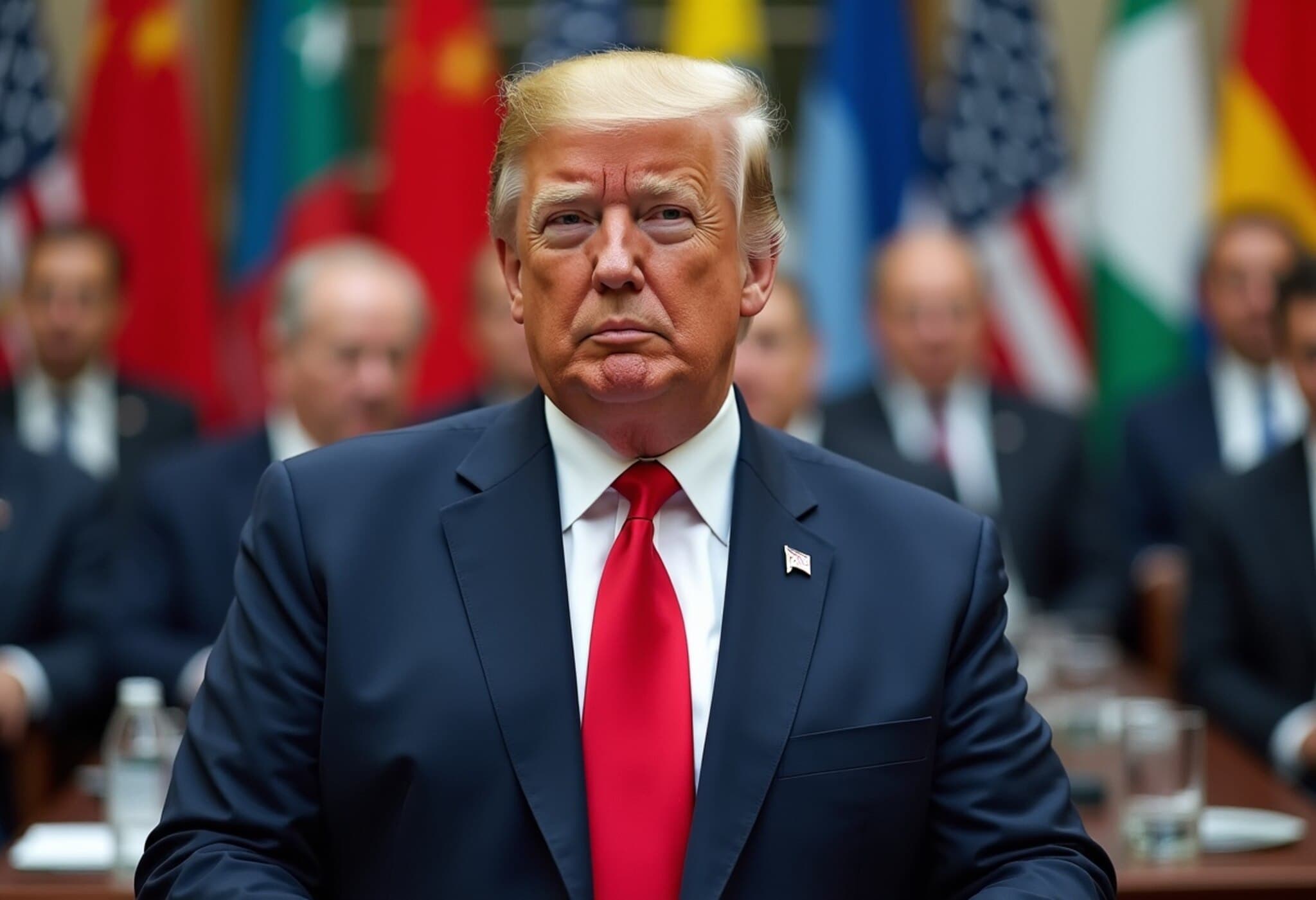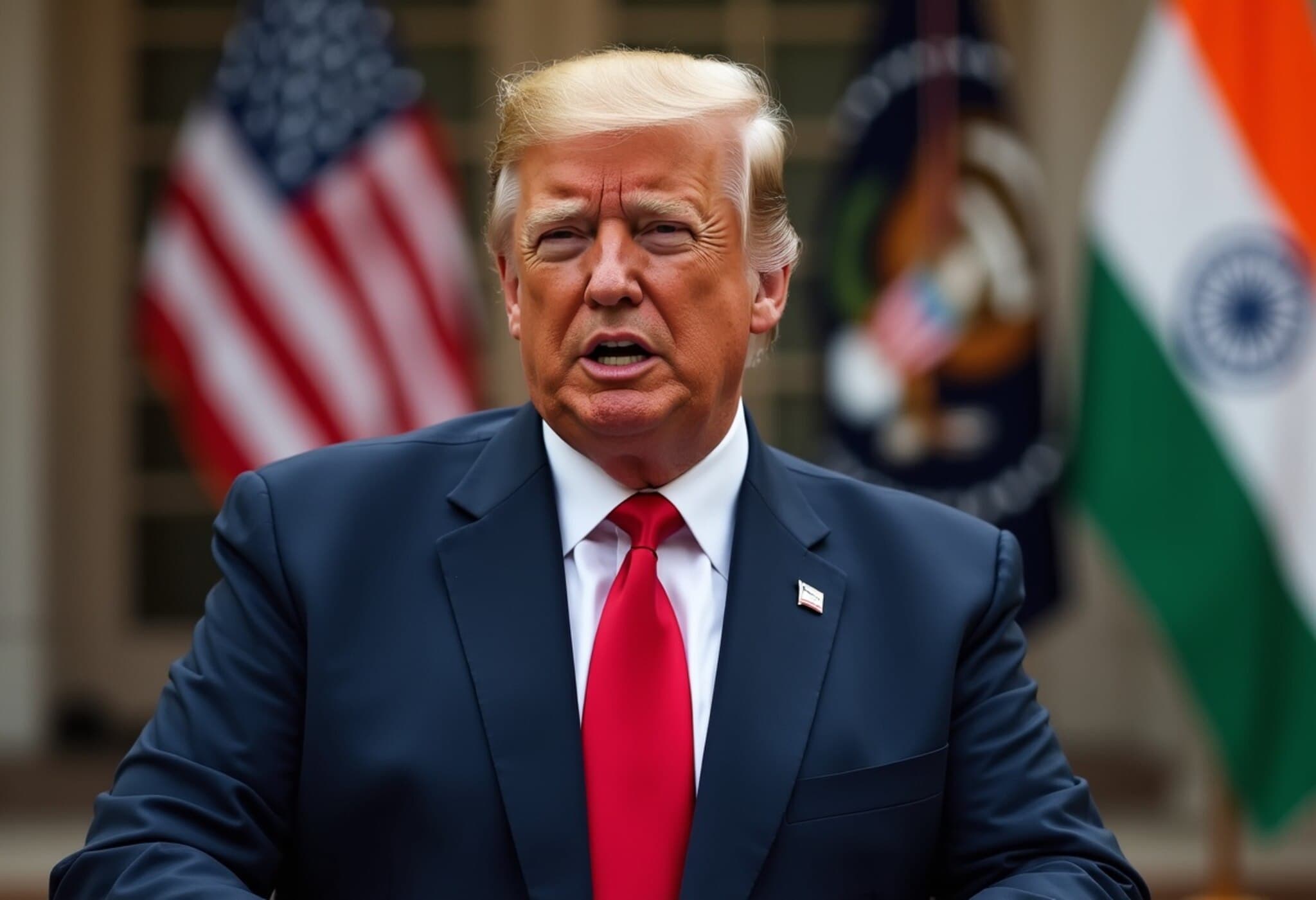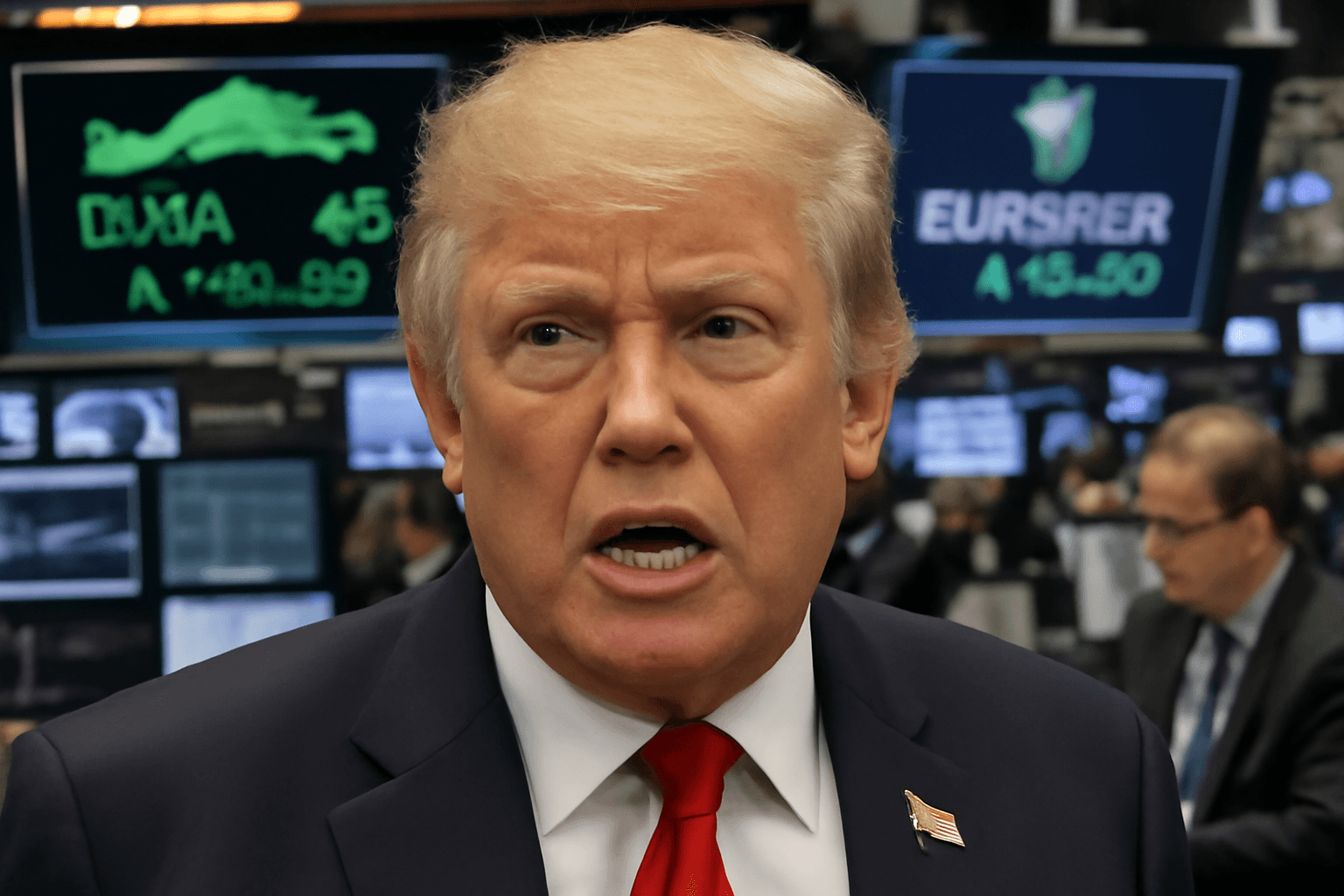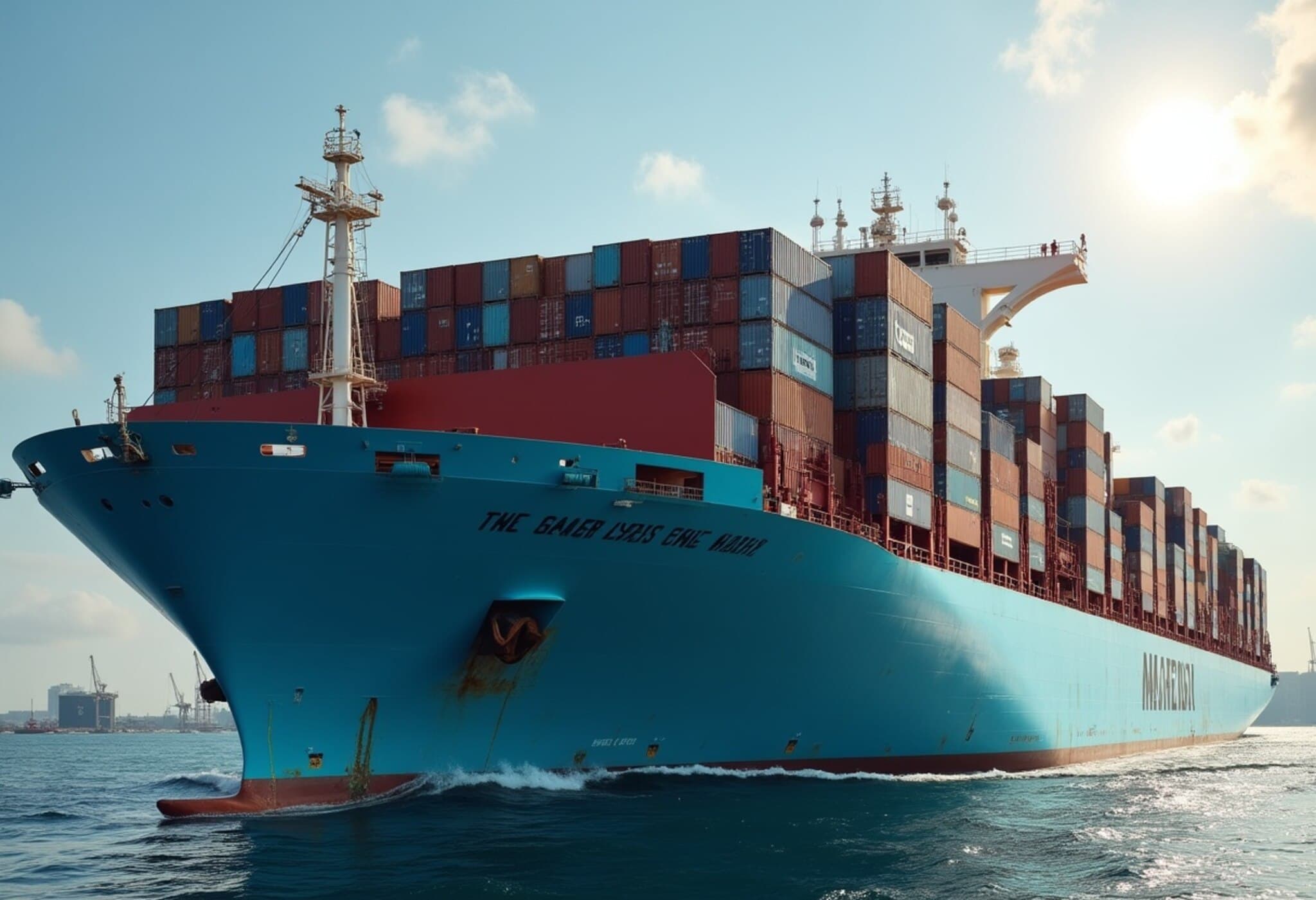Bangladesh Signs Landmark Five-Year Wheat Import Agreement with the US
In a strategic move to ease escalating trade frictions, Bangladesh has inked a memorandum of understanding to import 700,000 metric tons of high-quality wheat annually from the United States over the next five years. The agreement, formalized in Dhaka between Bangladesh's Ministry of Food and the U.S. Wheat Associates, aims to create a more stable food supply chain while also serving as a diplomatic lever amidst looming tariffs on Bangladeshi exports.
Context: Tariffs and Trade Deficit Pressure
The timing of this wheat deal is crucial. Starting August 1, the U.S. government plans to impose a 35% tariff on exports from Bangladesh, particularly targeting its thriving garment sector that drives much of the country's foreign earnings. This tariff hike threatens to exacerbate Bangladesh's already significant trade imbalance, with an existing deficit of approximately $6 billion with the United States.
Bangladesh’s leadership views the wheat import pact as a pragmatic step to mitigate these pressures. Ali Imam Majumder, the country’s de facto food minister, highlighted during the signing, "This agreement not only ensures a competitive and consistent supply of wheat but also embodies our commitment to deepen economic cooperation and build mutual trust with the United States."
Economic and Strategic Implications
The ready-made garments industry in Bangladesh is particularly vulnerable to Washington’s tariff escalation, as the U.S. remains one of its largest markets. By securing a reliable source of quality wheat from the U.S., authorities hope to demonstrate goodwill and initiate negotiations aimed at tariff reductions, thus preserving Bangladesh’s export competitiveness.
Current wheat imports total roughly 7 million metric tons annually, with most shipments coming from the Black Sea region due to cheaper prices. The newly agreed volume from the U.S. will supplement this by providing higher-quality wheat suited for blending—an important factor in food security and market diversification.
Underreported Factors and Broader Perspectives
- Food Security and Diplomatic Strategy: Beyond trade, this deal underscores Bangladesh’s efforts to strengthen food security amid global supply chain uncertainties, especially given geopolitical tensions affecting the Black Sea corridor.
- Pressure on Developing Economies: Bangladesh’s predicament reflects wider challenges faced by emerging markets balancing dependency on exports with maintaining stable imports, particularly in essential commodities.
- The Role of U.S. Trade Policy: The tariff hike can be interpreted as part of a broader U.S. strategy to recalibrate trade relationships, but it also risks alienating crucial partners like Bangladesh who are vital to global supply chains, especially in garments.
Future Outlook: Negotiations on a Tightrope
Bangladesh’s Ministry of Commerce continues discussions with U.S. officials, hopeful that this wheat import agreement can pave the way for tariff relief. The coming months will be critical in assessing whether such bilateral commerce pacts can effectively shield vulnerable export sectors from protectionist pressures without compromising essential imports.
Editor’s Note
This new wheat import deal represents more than a simple trade transaction—it's a strategic maneuver amid rising global economic tensions. As Bangladesh grapples with U.S. tariffs threatening its export backbone, the country’s pivot toward securing essential resources while opening diplomatic channels offers a nuanced glimpse into how developing economies negotiate survival and growth in complex international markets. Readers should watch closely how these negotiations evolve, as their outcomes will shape trade dynamics and economic resilience well beyond South Asia.



















